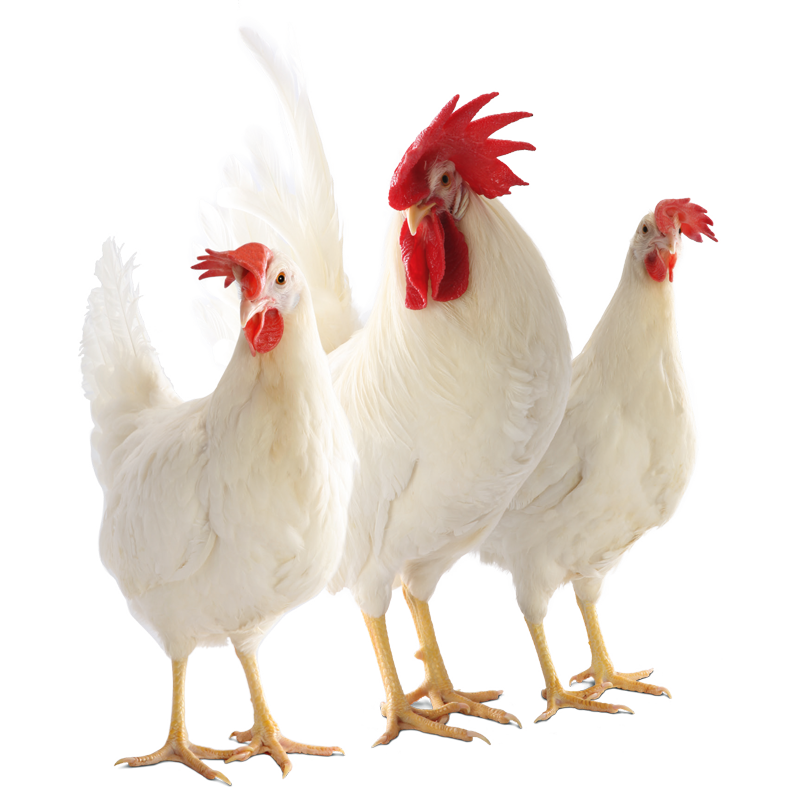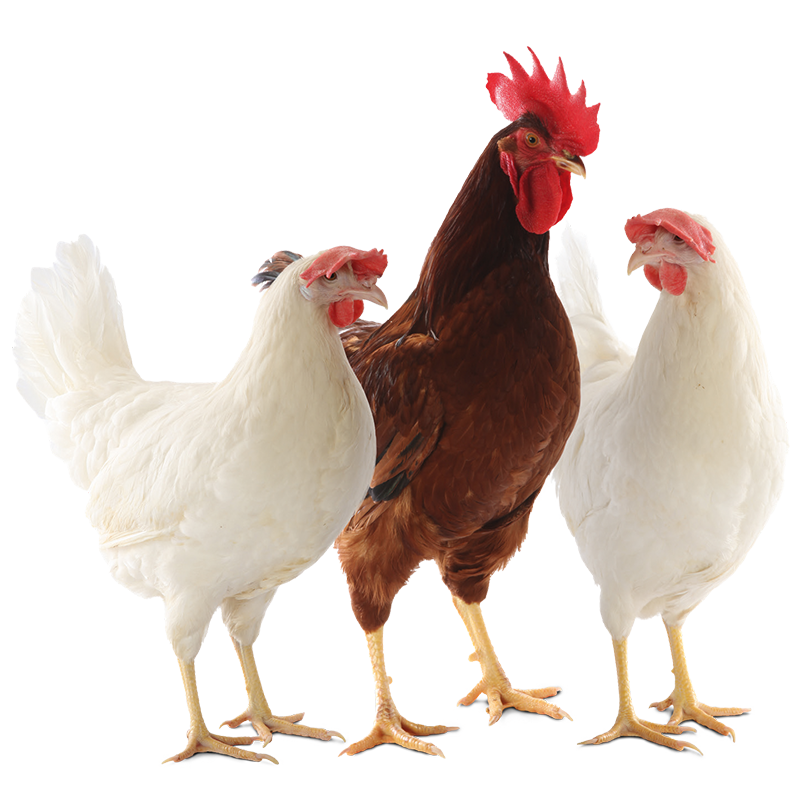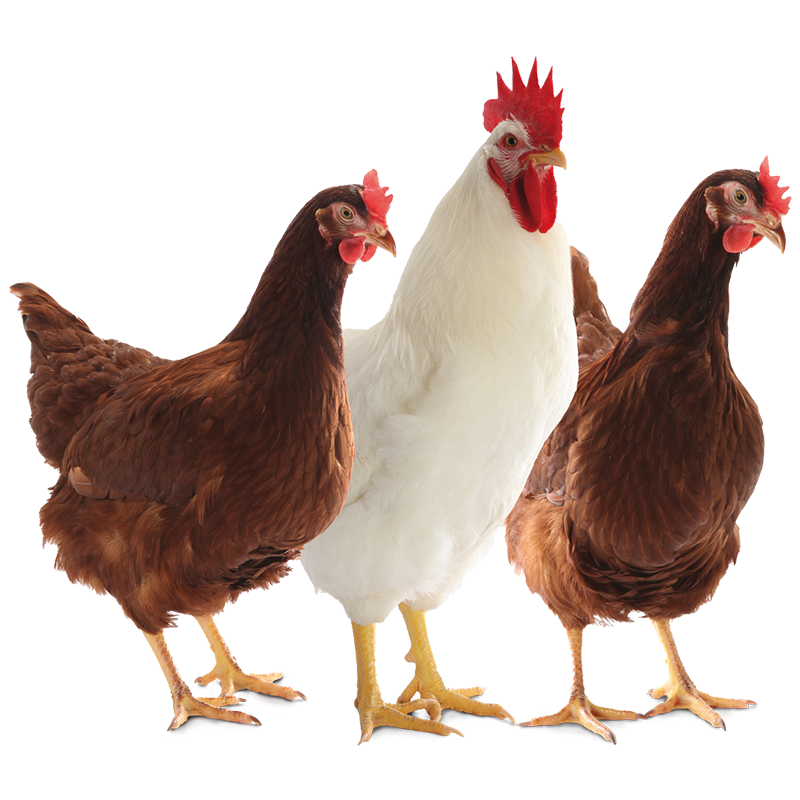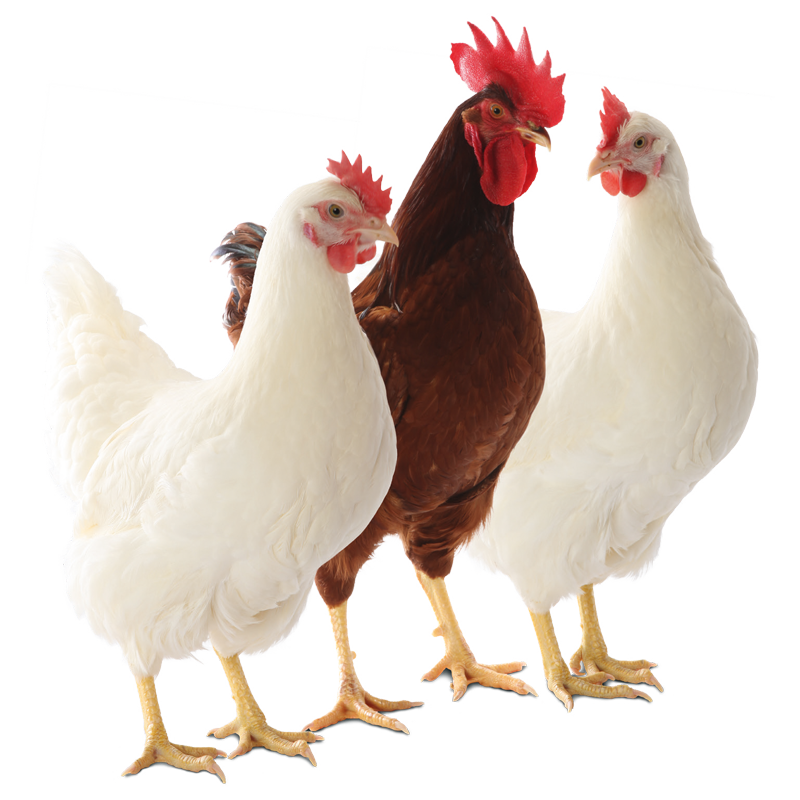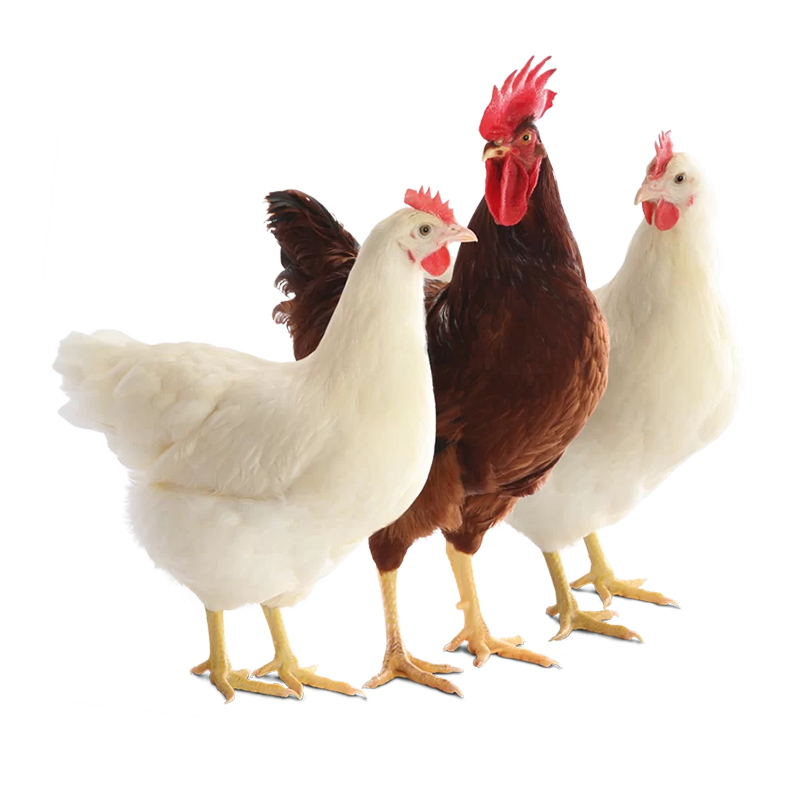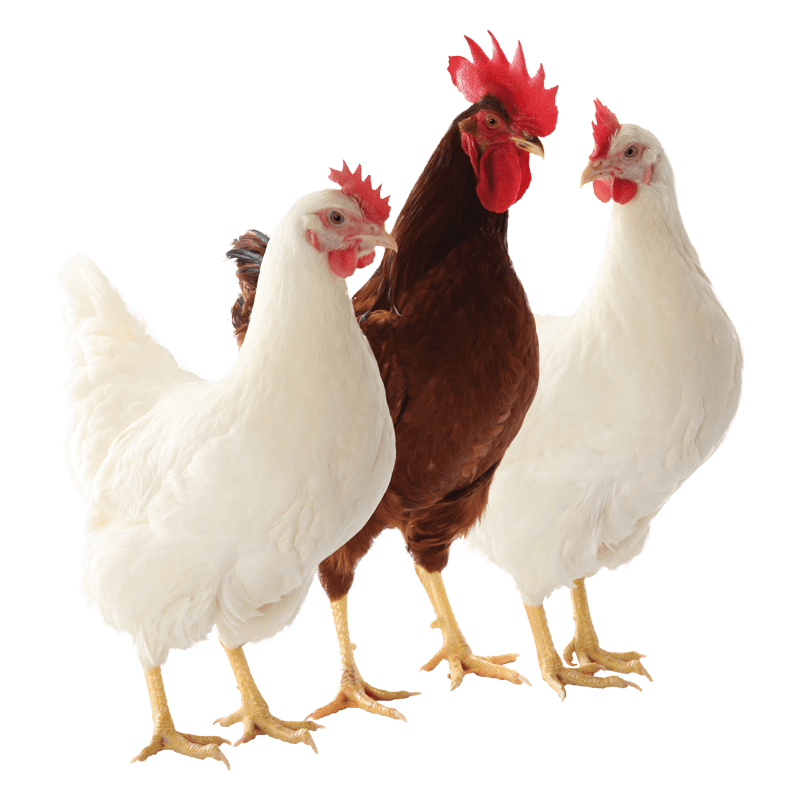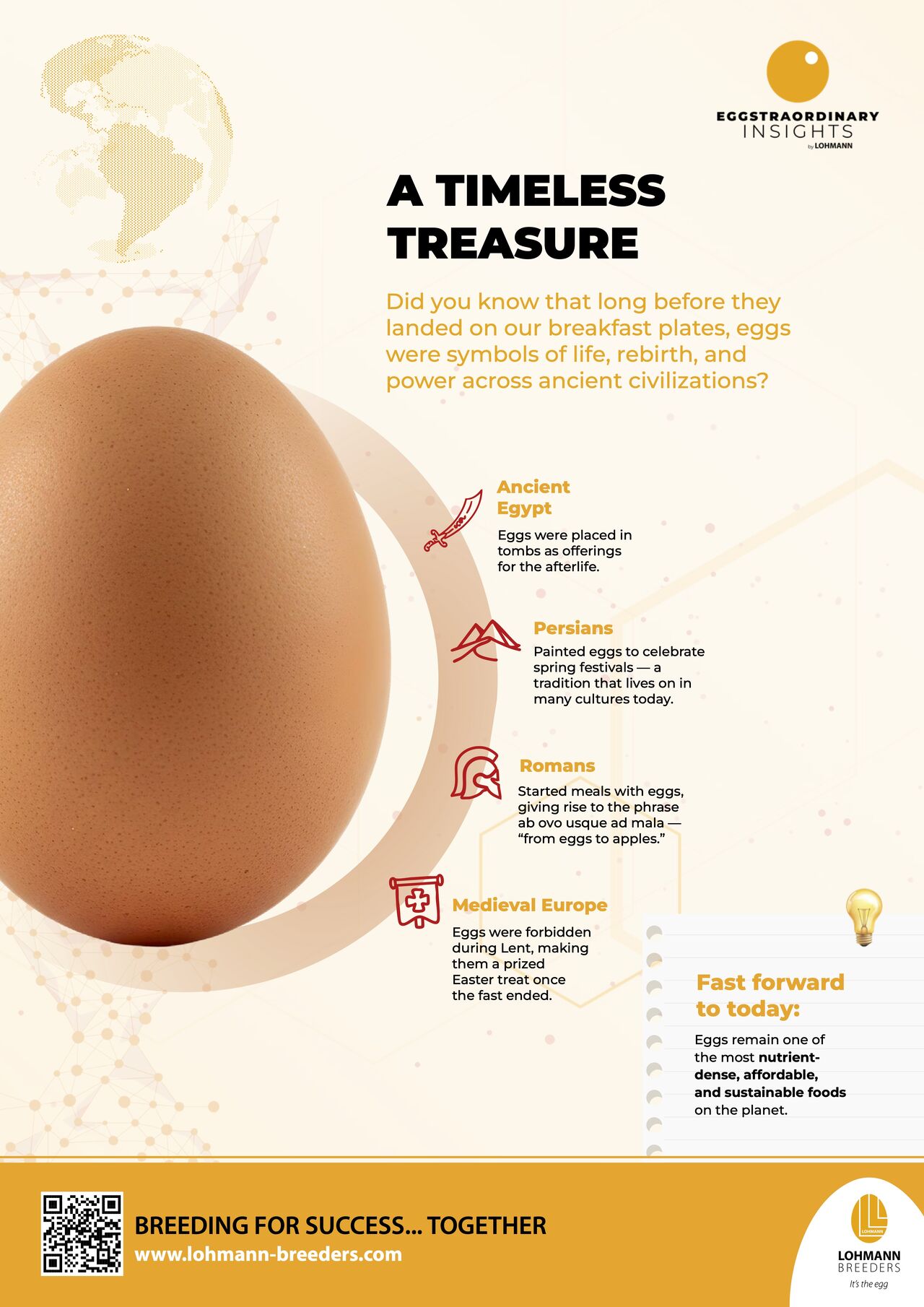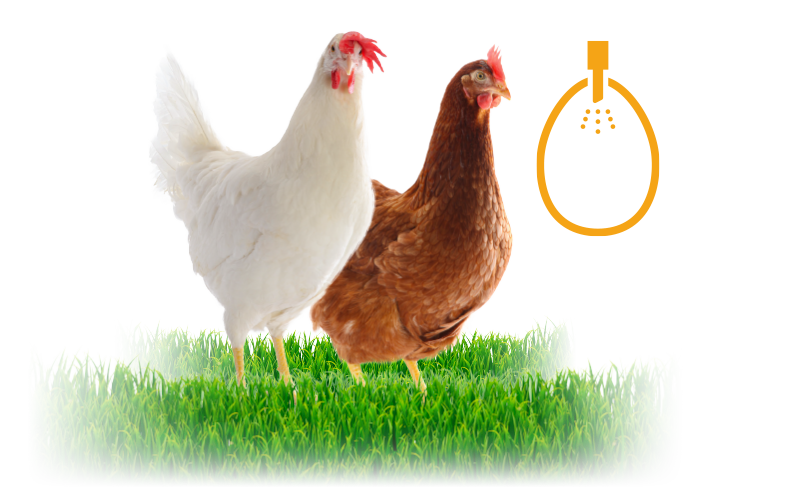EXPERTISE WHERE IT’S NEEDED!
The successful cooperation with IEF continues
In 2019, the first Global Egg School took place in Mozambique in cooperation with IEF. After this event was so well received, we decided to continue the project. So there was a school again this year, this time in Zimbabwe. Due to the current corona situation, the training was again only online, but nonetheless profitable for the participants.
Global Egg Schools – why?
IEF is continuously committed to sharing and using the collective knowledge and experience of the egg industry to empower less privileged populations to realize the full potential of eggs. In this context, IEF launched a new project in 2019 in partnership with LOHMANN BREEDERS: the so-called “Global Egg Schools”. The aim of these schools is to teach the basics of poultry farming to communities in need.
By starting the Global Egg Schools in 2019, IEF was able to extend the
reach of its educational support to even more people – and who would be
more suitable as a partner for such a project than LOHMANN BREEDERS?
We have been supporting different charity projects for many years by
donating to various foundations and aid organisations. But in addition to
our existing social commitment, we also wanted to help in another form,
and do something to support communities in need in a more sustainable,
long-term way. So why not use our profound technical know-how in a
different way than just for purely business purposes?
Global Egg School Zimbabwe CUSTOMER NEWS | Global Egg School Zimbabwe
After the first virtual training in 2021, this year’s Global Egg School started
again as an online seminar on 07 February 2022 in Bulawayo, Zimbabwe.
Due to the ongoing Corona pandemic, this was the only way to hold the
training, but it was no less informative or beneficial for participants than a
face-to-face event.20 participants, including production managers and also breeders, attended the training at Sondelani in Bulawayo and received extensive training covering a wide range of topics. The three main topics of the seminar were layer management, biosecurity and nutrition. Our team was accordingly adapted to these topics and predestined for the African region. It consisted of Viola Holik, the responsible sales and TS person for Africa, our expert for feeding Robert Pottgüter and last but not least Mohammed Chairi, LOHMANN’s Business Development Manager for Africa and the Middle East.
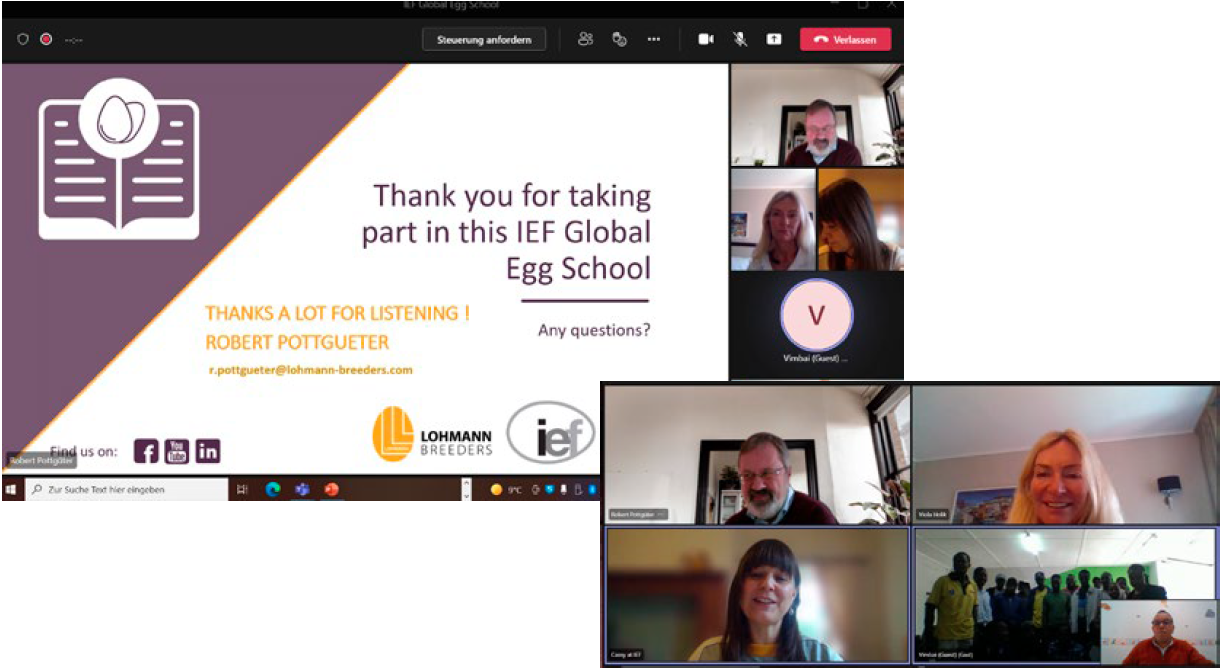
Any questions?
Just as with our own customer training courses, such as the LOHMANN SCHOOL or the LOHMANN HATCHERY COURSE, it was important for us to specifically address topics that proved to be of particular interest to the participants during the event. Based on the questions that could be asked after the individual presentations, the areas of prolapse, piling, cannibalism and mortality during the production cycle were once again closely examined. Thanks to the profound knowledge of our technical service team, all questions could be answered immediately and in detail. To read up and refresh on individual topics, participants were encouraged to visit the Toolbox section of our website (https://lohmann-breeders.com/toolbox/).
How practical and flexible our experts are was shown by the example of a participating veterinarian who had questions about the timing of his daily farm visits. Effectiveness is our business and of course our team had advice and suggestions for improvement ready in this case as well.
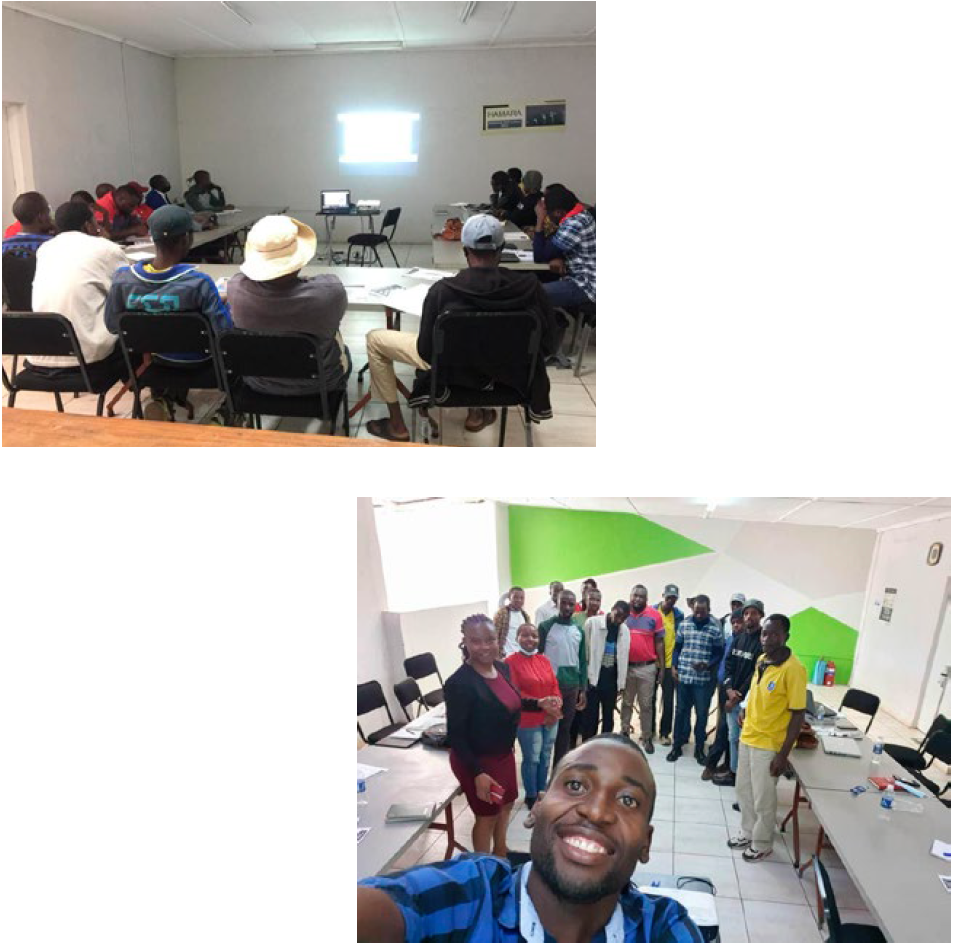
Breeding for success – together!
The aim of this virtual school was to provide participants with technical
training to improve their understanding of key processes and enable
them to pass on this knowledge to their team and other farmers in
their community.This goal was more than achieved. The school provided expert insights into the management of laying hens with a particular focus on why certain processes are important.
So it shows once again that our motto applies
everywhere: Breeding for success – together!
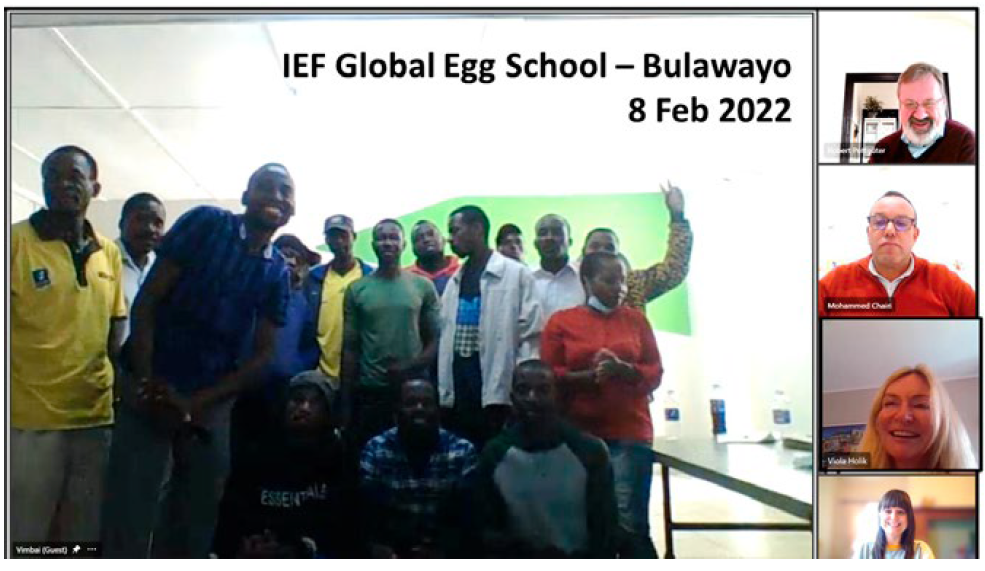
Zimbabwe & Bulawayo
Zimbabwe is located on the beautiful continent of Africa and as a landlocked country has no own access to the sea. It borders on South Africa, Botswana, Zambia and Mozambique.
Bulawayo – the capital of the province of North Matabeleland, located in the southwest, is Zimbabwe’s second largest city after Harare with its 1.5 million inhabitants. The commercial center for the surrounding area is also a rail hub and university city.
The metropolis of the south has factories, power plants and a large exhibition center. Bulawayo was considered the political and administrative center as well as the best business and industrial location in the southwest. Since Harare has taken this place, Bulawayo has been designated the cultural capital of Zimbabwe.
Zimbabwe is located on the beautiful continent of Africa and as a landlocked country has no own access to the sea. It borders on South Africa, Botswana, Zambia and Mozambique.
Bulawayo – the capital of the province of North Matabeleland, located in the southwest, is Zimbabwe’s second largest city after Harare with its 1.5 million inhabitants. The commercial center for the surrounding area is also a rail hub and university city.
The metropolis of the south has factories, power plants and a large exhibition center. Bulawayo was considered the political and administrative center as well as the best business and industrial location in the southwest. Since Harare has taken this place, Bulawayo has been designated the cultural capital of Zimbabwe.
